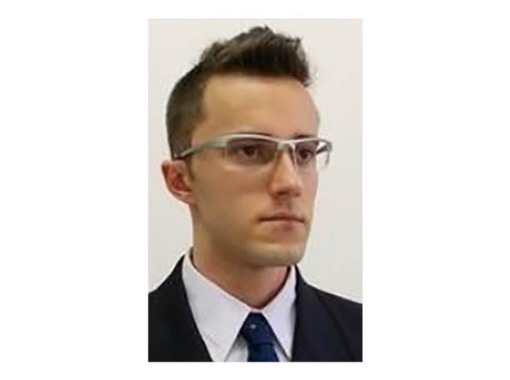Doctoral lecture in Industrial Engineering - Julian Torres de Pinto

Aðalbygging
University Aula
Ph.D. student: Dr. Julian Torres de Pinto
Dissertation title: Sustainable Resource Management in European Steel Supply Chains.
His defence was in april and he has been accepted by Université Clermont Auvergne. Thus, this is just a follow up seminar.
Opponents:
Dr. Bruno Oberle, professor at École Polytechnique Fédérale de Lausanne (EPFL) in Swiss.
Dr. Jackie Krafft, professor at Centre National de la Recherche Scientifique (CNRS) in France.
Advisors:
Arnaud Diemer, Université Clermont Auvergne in France.
Harald U. Sverdrup, University of Iceland.
Doctoral committee:
Prof. Dr. Vianney DEQUIEDT; Centre d’Études et Recherches sur Développement International (CERDI,France) Vice-President of Research
Dr. Claude-Gilles DUSSAP; Polytech, Université Clermont Auvergne General Dep
Prof. Dr. Bruno OBERLE; École Polytechnique Fédérale de Lausanne (EPFL, Switzerland) Chairman of Green Economy and Resource Governance
Prof. Dr. Jackie KRAFFT; Centre National de la Recherche Scientifique (CNRS, France) Director of Research in Economics
Prof. Dr. Valeria Schwanitz
Chair of Ceremony: Rúnar Unnþórsson, Head of Faculty of Industrial Eng., Mechanical Eng., and Computer Science at University of Iceland.
Abstract:
The European Steel industry reclaiming the helm
Steelmakers should consider diverting capital to the end-of-life services that promote circularity as a new strategy towards resource ownership retention and raw material self- sufficiency.
These hold the key to curbing steel supply concerns in the long-term while creating new sources of revenue in the secondary metals market, alongside servitization.
Doing so will require the combined efforts of industry and political institutions so environmental commitments continue to be met, calling for circular measures involving either steelmakers or their customers to prioritize investments in supply chain integration, and the recovery of specialty alloys and of scarce alloying elements during recycling.
Furthermore, focus on operational efficiency, by-product recycling, technology and cost reduction now trumps production scale, as per the Chinese lessons of the last decade.
Therefore, steelmakers should pay close attention to logistic costs and capital costs as the balance between prices and capacity utilization becomes more delicate and the use of hedging more intensive.
Since high-grade iron ores will go through either technical or economic scarcity between 2051 and 2054, BFBOF steelmakers will continue struggle to manage competition and capacity utilization.
Moreover, the continuing transition towards EAF steelmaking will be hindered by increasing electricity and alloying element prices and, although steel scrap continues to leave European borders, its prices will go down more moderately than expected.
However, what stimulates some sectors of the economy might discourage others, since those that contribute the most to steel scrap generation tend to be those in which products containing steel have the shortest life cycles.
But despite the fact that increasing circularity by extending steel’s life cycle will likely result in lower demand for new steel, there is a balance to be found and it relies on the European Steel Industry reclaiming the helm.
About Torres:
Julian Torres de Pinto is born 1988. He has a BBA and MBA degree from FAE Business School in Brazil. He also has a double-degree M.Sc. in Environmental Management and International Flow Management from both Universidade Positivo in Brazil and Hochschule Trier in Germany in 2014. In the year of 2017, Julian graduated from Université Clermount Auvergne in France with M.Ed. in Sustainable Development. In the fall of 2016 he started his Double-degree European PhD program in co-tutorship with University of Iceland and Université Clermont Auvergne in France.
For the last three years, Julian has worked as a ITN Researcher for the European Commission.
Julian Torres de Pinto.



